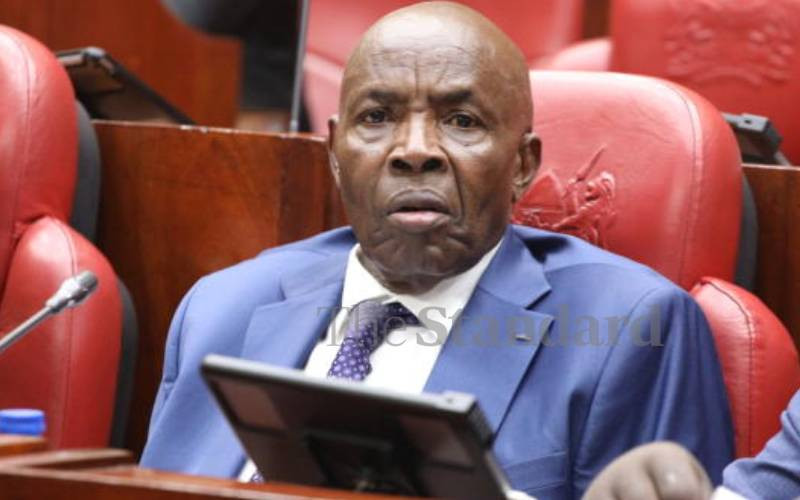×
The Standard e-Paper
Fearless, Trusted News

The release of this year's Kenya Certificate of Primary Education (KCPE) exam results has elicited hard questions on the administration of the national tests.
The latest was the claim by Azimio leader Raila Odinga that the printer had been changed, leading to the reported cases of malpractice.